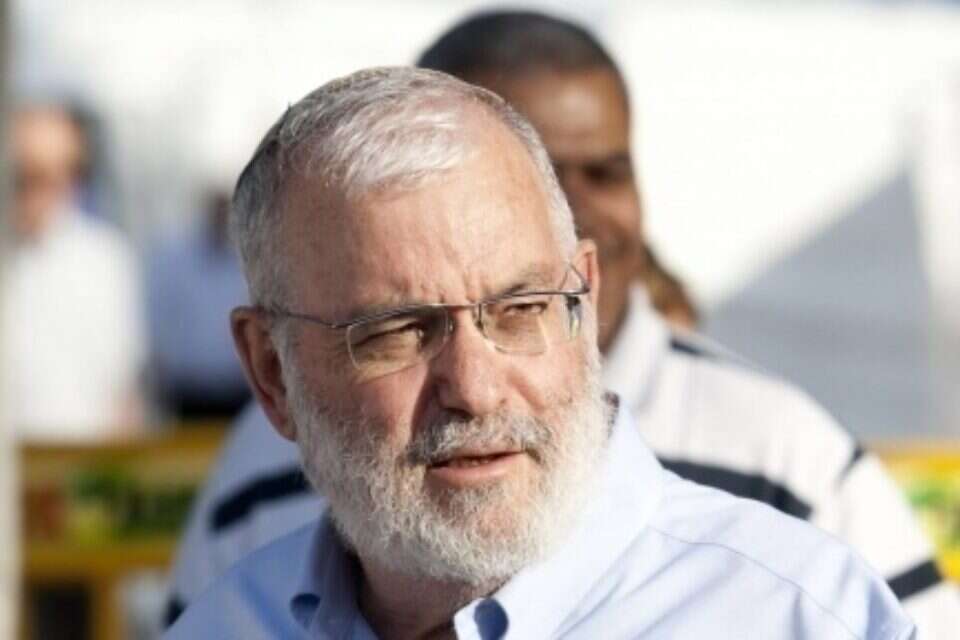Israel should again engage in preventive war, says top general
Israel can and should operate against Iran even without American support, states former National Security Advisor Yaakov Amidror.

Preventive war should return to being one of Israel’s options, said Maj.-Gen. (res.) Yaakov Amidror, in a briefing to European ambassadors. Israel has done this in the past, noted the general, and could now respond to Iran’s unprecedented attack even without American support.
Amidror, who previously served as National Security Advisor, identified three major challenges that Israel must act against.
Gaza: Hamas is not interested in the release of hostages or in a deal, therefore Israel must achieve this result through the use of force. The IDF must enter Rafah and destroy the terrorist infrastructure there. Israel has no interest in controlling Gaza after the war. The aim is to reach a situation similar to that in Jenin (Area A). In other words, security access if and when necessary without civilian control.
Hezbollah: Israel made a mistake that allowed Hezbollah to arm itself and must not do so again. A war in Lebanon will cause great destruction, but there is no avoiding it if a diplomatic solution is not reached that enables Israelis to return to their homes in northern Israel free of fear. After a war with Hezbollah, Israel will not allow Hezbollah to rearm and will act similar to its activity in Syria.
Iran: The regime in Tehran is interested in creating a nuclear umbrella in order to exert itself as a regional and global power. Iran has established its proxies in the Middle East around Israel’s borders (the so-called ‘Ring of Fire’). Israel must act against these two challenges presented by Iran, which intends to target the West after dealing with the Jewish state.
The subject of a regional coalition and normalization was raised by a number of ambassadors who expressed interest in the degree of feasibility. According to Amidror, normalization with Saudi Arabia is a matter of time because it is a common interest for both countries and the entire region. Regarding a regional coalition, he stated that Israel would be very happy to take part in such an initiative, but that Israel must also retain the right to act independently.
Several ambassadors asked about the two-state solution and the day after the war in Gaza. Amidror stated that following October 7th, in his view, most of the Israeli population will oppose the establishment of a Palestinian state, which could turn into a terrorist state within a short period of time. In other words, this option is, for Israelis, off the table for at least a generation. On the other hand, he reiterated that Israel is not interested in civilian control over Gaza after the war, and that Israel will not deal with civilian issues in the Strip.
An ambassador from Northern Europe asked whether, in the event of a regional flare-up, Russia would take part and fight alongside Iran and its proxies. Amidror replied that in his opinion this would not occur.
Another issue raised by other ambassadors is Israel-US relations and Israel’s deference to Washington when it comes to taking military action. Amidror noted the importance of relations with the US and the need to preserve and strengthen them as much as possible. But on the other hand, at the end of the day, Israel must make security decisions on its own and in accordance with the needs and challenges it faces, and it must be able to do so independently.
No comments:
Post a Comment